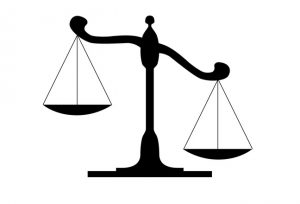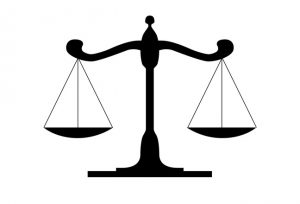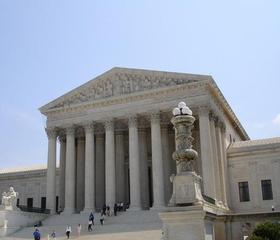 In Commonwealth v. Williams, the Supreme Judicial Court set forth the proper procedure for a judge to follow in determining whether a prospective juror — who discloses a belief or opinion based on his or her life experiences — can nonetheless impartially evaluate the evidence and apply the law in the case to be tried.
In Commonwealth v. Williams, the Supreme Judicial Court set forth the proper procedure for a judge to follow in determining whether a prospective juror — who discloses a belief or opinion based on his or her life experiences — can nonetheless impartially evaluate the evidence and apply the law in the case to be tried.
The background was as follows. “During jury selection and [voir dire for the African-American defendant’s trial on a drug charge,] the judge asked the entire venire whether ‘there [was] anything about the subject matter or your views about the subject matter that would affect your ability to be fair and impartial in deciding the case?’” A prospective juror answered in the affirmative. In the ensuing voir dire at sidebar, she stated her opinion, based on her work with low income teenagers “‘convicted of drug crimes,’” “that ‘the system is rigged against young African American males.’ The judge asked questions in an attempt to determine whether the prospective juror could be impartial.” The first question was: “‘You think that belief might interfere with your ability to be fair and impartial?’ The prospective juror responded, ‘I don’t think so.’” The judge then asked, “‘You … think you can put aside that opinion and bias –’ He did not get a chance to finish the question because the prospective juror interrupted him, stating that she did not think that she could put ‘it’ aside, and that ‘it’ was ‘the lens that [she viewed] the world through, but [she thought she could] listen to the evidence’” in an unbiased manner. The judge then said, “‘All right. But you’re going to have to be able to put that out of your mind and look at only the evidence.’ When the judge asked her, ‘Do you think you can do that?’ the prospective juror responded, ‘I think so.’ Finally the judge asked: ‘You think … your experiences with … people in that type of a situation is going to have you look at it differently,’ implying that the prospective juror could not take her life experiences into account as a juror. After the juror responded, ‘Probably,’ the judge excused her for cause” over the defendant’s objection. At “the end of jury selection, the Commonwealth and the defendant each had one remaining peremptory challenge. Ultimately, the jury found the defendant guilty.” On appeal, the defendant argued “that it was error to dismiss the prospective juror for cause because neither her work experience nor her belief that the criminal justice system is unfair to African-American men rendered her unfit to serve.”
In its decision, the SJC noted that its “jurisprudence is somewhat muddled regarding the proper procedure for determining impartiality when a prospective juror expresses any preconceived opinions” “based on his or her life experiences or belief system,” as distinct from opinions “regarding the case to be tried.” “Nonetheless, there is an important difference between the two: asking a prospective juror to put aside his or her preconceived notions about the case to be tried is entirely appropriate (and indeed necessary); however, asking him or her to put aside opinions formed based on his or her life experiences or belief system is not.” “It would neither be possible nor desirable to select a jury whose members did not bring their life experiences to the court room…. Thus, a prospective juror may not be excused for cause merely because he or she believes that African-American males receive disparate treatment in the criminal justice system.” “[A]n otherwise qualified prospective juror should only be excused for cause if, given his or her experiences and resulting beliefs, the judge concludes that the prospective juror is unable to fairly evaluate the evidence presented and properly apply the law.” Continue reading →
 Massachusetts Criminal Lawyer Blog
Massachusetts Criminal Lawyer Blog










